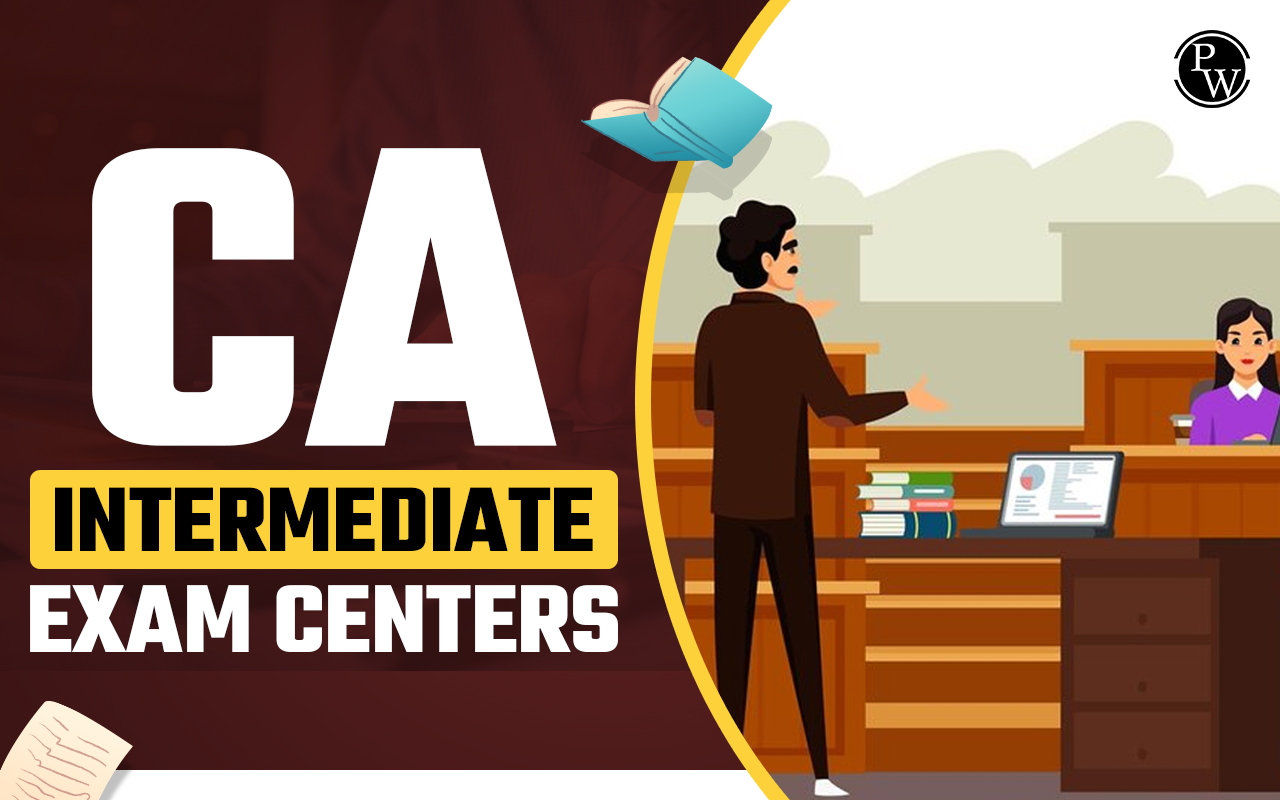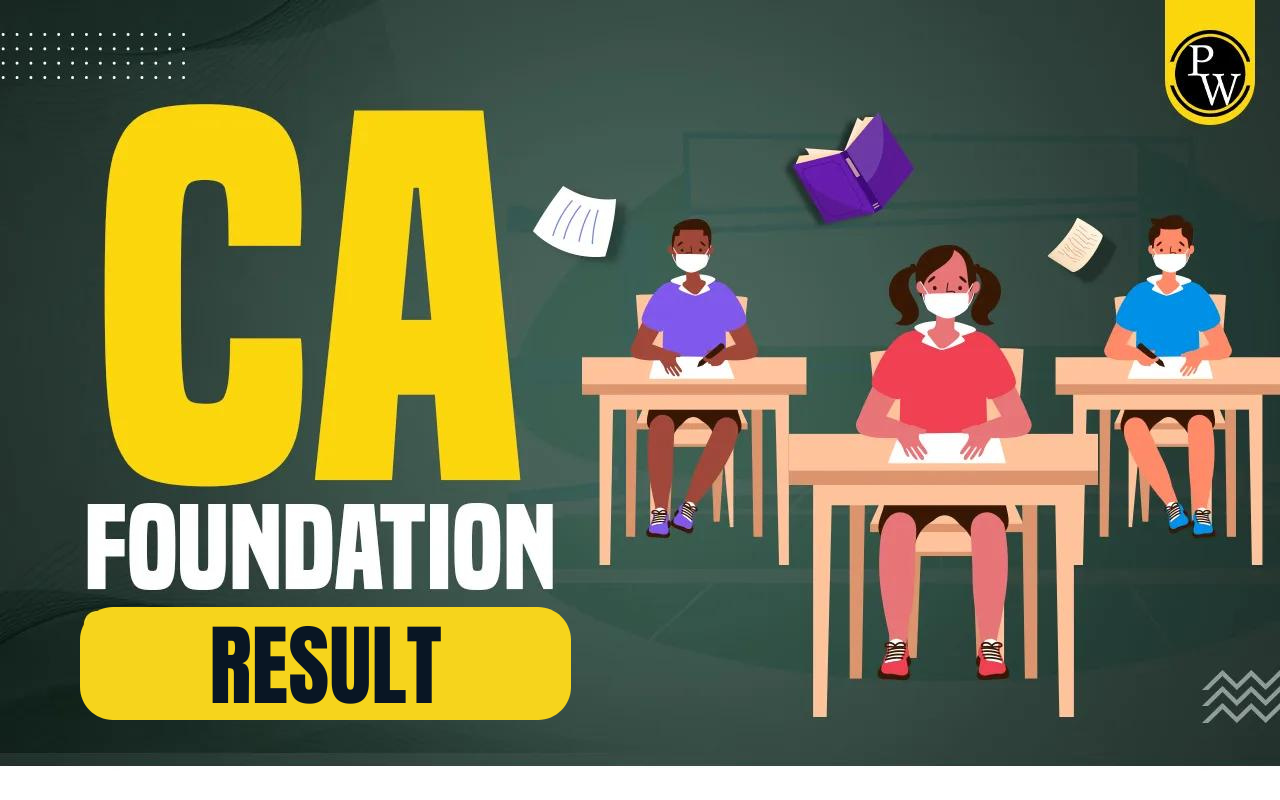
Sustainable economic growth is about achieving growth without causing economic issues or depleting resources. It focuses on promoting long-term economic progress while preserving resources. Understanding the factors that influence sustainable development and economic growth can provide valuable insights. This article explains what sustainable economic growth is for CA Exams , its goals, and how it affects living standards and the environment.
What Is Sustainable Economic Growth?
Sustainable economic growth is development that meets the population's needs while safeguarding natural resources and the environment. It involves managing resources carefully to ensure they are available for future generations. This means maintaining economic growth without causing price increases, depleting resources, or significantly harming the environment. Economic growth occurs when the gross domestic product (GDP) rises over time. Sustainable growth ensures this increase happens without creating additional economic issues. Rapid growth can exhaust resources, cause environmental damage, and contribute to global warming.Importance of Sustainability for Economic Growth
Sustainable Economic Growth practices help protect natural resources, which are essential for the economy, especially in trade-related activities like producing goods and providing services. These resources include water, waste, energy, and food. Achieving sustainable growth requires strategies that promote green growth, sustainable development, and renewable energy.Green Growth
Green growth supports sustainable development by ensuring that natural resources are used efficiently and remain economically viable. Key strategies include:- Productivity Incentives : Encourage efficient use of natural resources, reduce waste, and lower energy consumption.
- Boost Investment : Increase investor confidence by addressing major environmental issues predictably.
- New Markets : Create demand for green products and services.
- Green Taxes : Raise revenue through environmental taxes and eliminate harmful subsidies.
- Reduce Risks : Develop strategies to prevent environmental damage.
- Improve Infrastructure : Introduce technologies to enhance efficiency in water, energy, and transportation infrastructure.
Sustainable Development
There are debates on whether Sustainable Economic Growth policies create jobs, reduce poverty, or harm businesses. Environmental issues can be categorized into protection (e.g., safeguarding land and water) and regulation (e.g., controlling deforestation and hazardous waste). Sustainable development focuses on three core areas:- Environmental : Integrating environmental concerns into corporate practices.
- Economic : Combining sustainable practices with revenue-generating activities.
- Social : Enhancing health, education, and quality of life.
Renewable Energy
Renewable energy sources are natural and self-replenishing, producing minimal harmful emissions. They aim to replace fossil fuels like coal, oil, and gas. The renewable energy sector creates jobs and develops new technologies.- Wind Power : Onshore and offshore wind farms convert wind into electricity.
- Solar Energy : Solar panels use sunlight to generate electricity, providing heat, cooling, lighting, and fuel.
- Hydroelectric Power : Uses water to generate electricity, though it may impact ecosystems.
Examples of Economic Sustainability
Sustainability involves managing food, energy, water, waste, and ecology. Organizations are adopting sustainable practices to create a prosperous society. Examples include:Micro-Farming : Farming on small plots of land to reduce carbon emissions, boost local economies, and improve food security.
Solar Power : Reducing electricity costs and creating jobs through government incentives for solar panel installations.
Creating Water : Transforming air into water using technology, especially useful in arid regions.
Waste Recycling : Reusing or refurbishing items to reduce landfill waste and create new materials.
Fish Farming : Raising fish in controlled environments to prevent overfishing and protect coastal ecosystems.
Benefits of Sustainable Economic Growth
Sustainable Economic Growth ensures future generations have access to better opportunities and resources. A strong economy means people can spend more on products, build larger homes, travel, and improve their quality of life. This benefits various industries such as manufacturing, housing, and tourism. By conserving and replenishing resources, a country can reduce imports and boost exports, enhancing its GDP. Effective recycling programs reduce land and water pollution and associated clean-up costs. Lowering carbon emissions leads to better air quality. A healthier population results in a more productive workforce, reduced healthcare costs, and an overall improved standard of living. Enroll in PW CA Courses and gain access to expert-led classes, comprehensive study materials, and personalized guidance. Transform your aspirations into achievements with our tailored curriculum and innovative teaching methods. Join us today and take the first step towards a successful CA career!| Also Check | |
| Business Accounting | Difference Between Accounting and Financial Management |
| Inventories | Economic Environment of Business |
| Wealth Management | Journal in Accounting |
Sustainable Economic Growth FAQs
What is sustainable economic growth?
Why is sustainable economic growth important?
How does green growth support sustainability?
What is the role of renewable energy in sustainable growth?
What are examples of sustainable practices?










